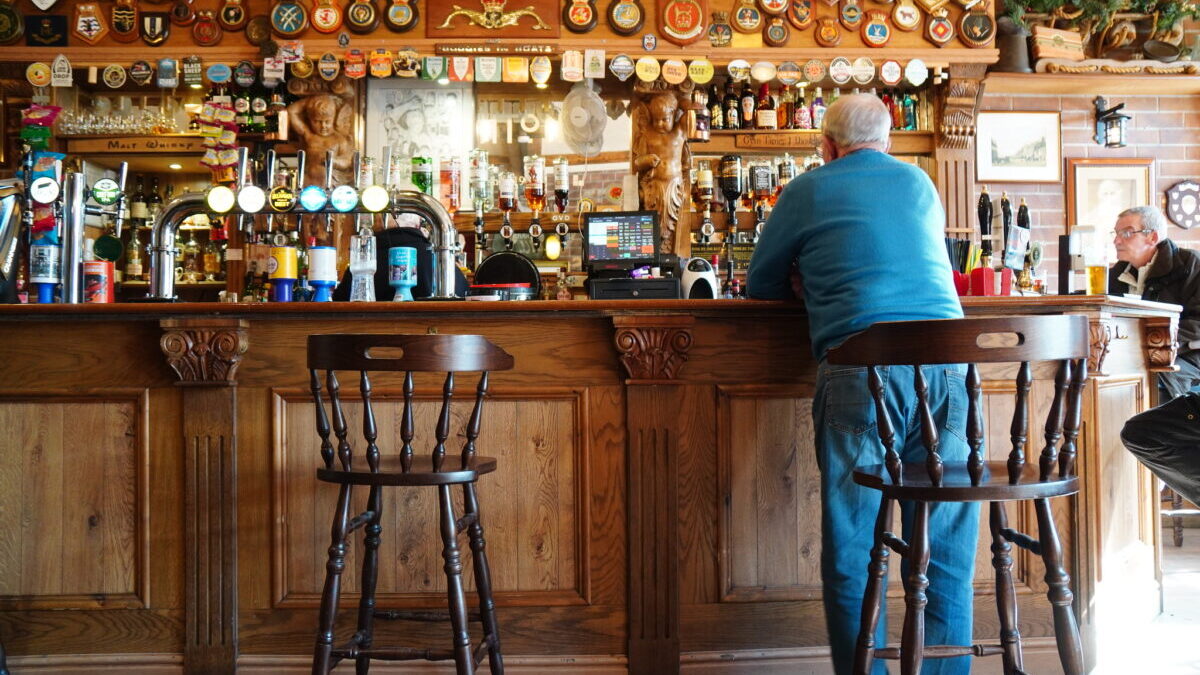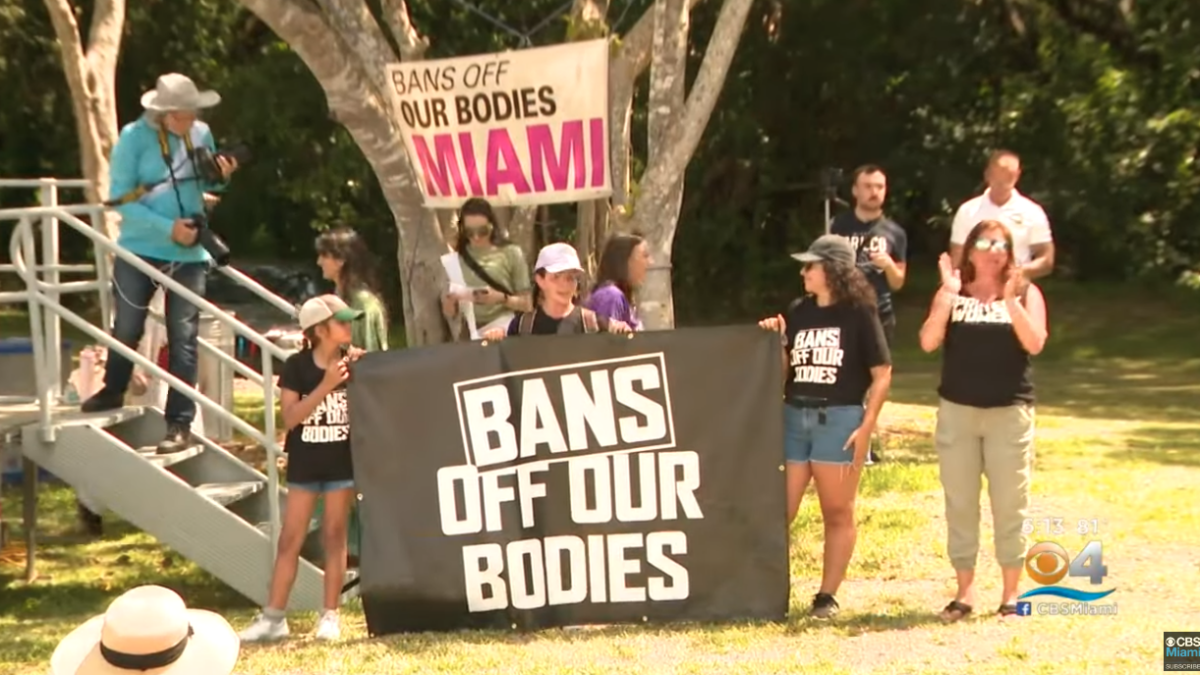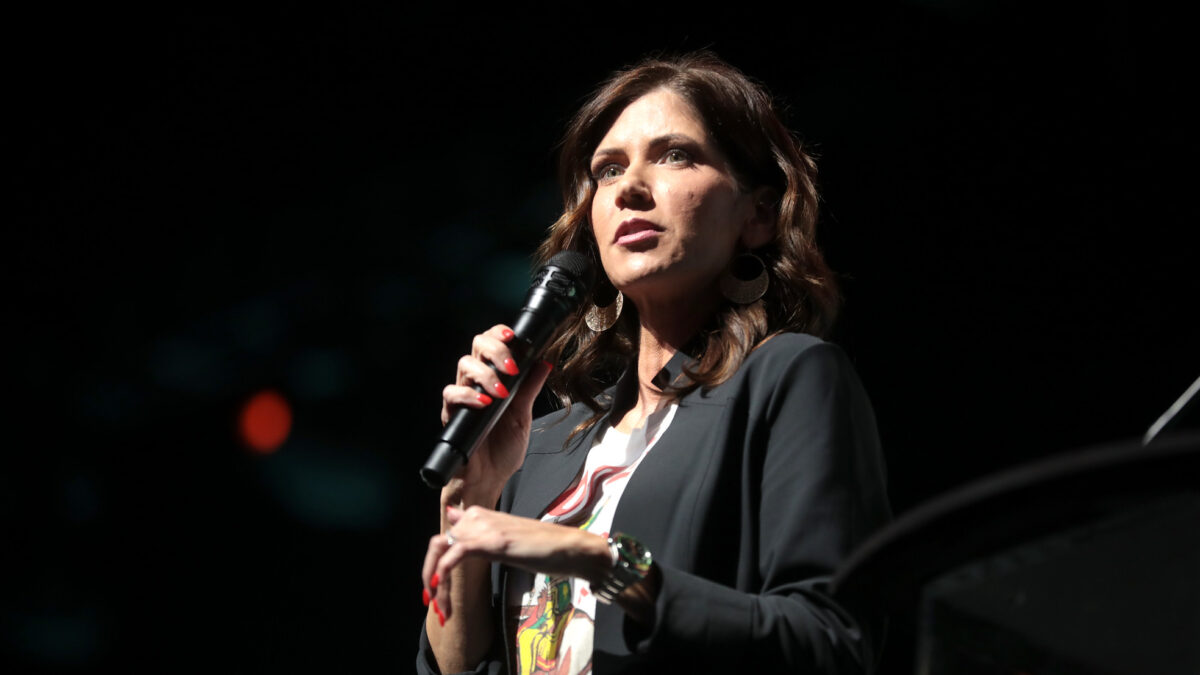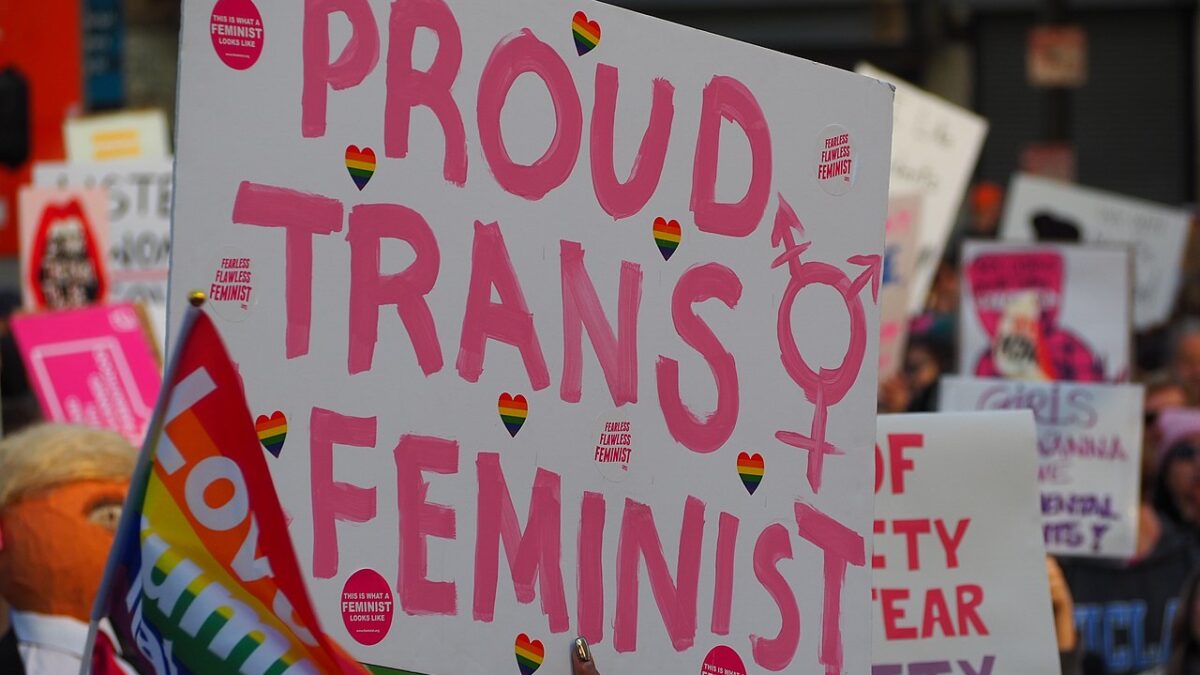
Calling someone “fat” may be a “hate crime” under Scotland’s dystopian new law that went into effect this week, which also criminalizes using accurate pronouns to refer to transgender-identifying people.
On Monday, J.K. Rowling, the famed author of the Harry Potter series, dared authorities to arrest her under the new law with a series of posts correctly identifying as men even those who claim to be women.
“In passing the Scottish Hate Crime Act, Scottish lawmakers seem to have placed higher value on the feelings of men performing their idea of femaleness, however misogynistically or opportunistically, than on the rights and freedoms of actual women and girls,” Rowling wrote on X. “The new legislation is wide open to abuse by activists who wish to silence those of us speaking out about the dangers of eliminating women’s and girls’ single-sex spaces.”
The new law, enacted in 2021 and implemented Monday, criminalizes acts “stirring up hatred.” People can be convicted if they’re found to have behaved “in a manner that a reasonable person would consider to be threatening, abusive or insulting,” and can face a fine and up to seven years in prison.
While Rowling is testing the law this week with social media posts critical of transgenderism, the new law could also be interpreted to criminalize so-called “fatphobia.” The body positivity movement is well underway in the United Kingdom, with prominent British influencers such as Megan Jayne Crabbe leading the crusade to plant obesity at the top of the victim hierarchy. About two-thirds of Scottish adults are overweight, according to the Scottish government.
In 2019, Crabbe, the author of Body Positive Power, lobbied Parliament to recognize “fatphobia” as an official form of prejudice.
“So many of our insecurities are rooted in the fear of being too fat, and for people who do exist in larger bodies, fatphobia results in real world discrimination and harassment every day,” Crabbe told the BBC.
Meanwhile, “fatphobia” has an ever-expanding definition. York University’s Glossary of Equality, Diversity and Inclusion Terminology defines “fatphobia” as “A fear or dislike of fat or people who are perceived to be overweight, often leading to harassment and discrimination of individuals and groups.”
“Fatphobia is considered as a structural issue as it manifests in denial of access to certain facilities and services, including healthcare, social stigmatisation and the normalising of bullying and hatred,” the glossary says.
In 2012, the All Party Parliamentary Group on Body Image and Central YMCA published a joint report demanding that policymakers elevate “appearance-based discrimination” to the same pedestal as discrimination against race and sex.
“Under the Equalities Act 2010, it is illegal to harass, victimise or discriminate against anyone on the basis of a number of ‘protected’ characteristics, such as their race, gender, sexual orientation, age, or disability,” the Telegraph reported. The parliamentary group proposed a “review into the scale of the problem of appearance-based discrimination and how this would be best tackled,” including possible amendments to include size.
This isn’t just happening in the U.K., however. Last year, New York City Mayor Eric Adams declared obesity a legally protected class, as activists demanded that weight discrimination be prosecuted on par with racial prejudice. According to the Daily Mail, at the behest of “‘fat pride’ groups which have sometimes served as official advisers,” other states including Colorado, New Jersey, Vermont, and Massachusetts are preparing to follow suit.









